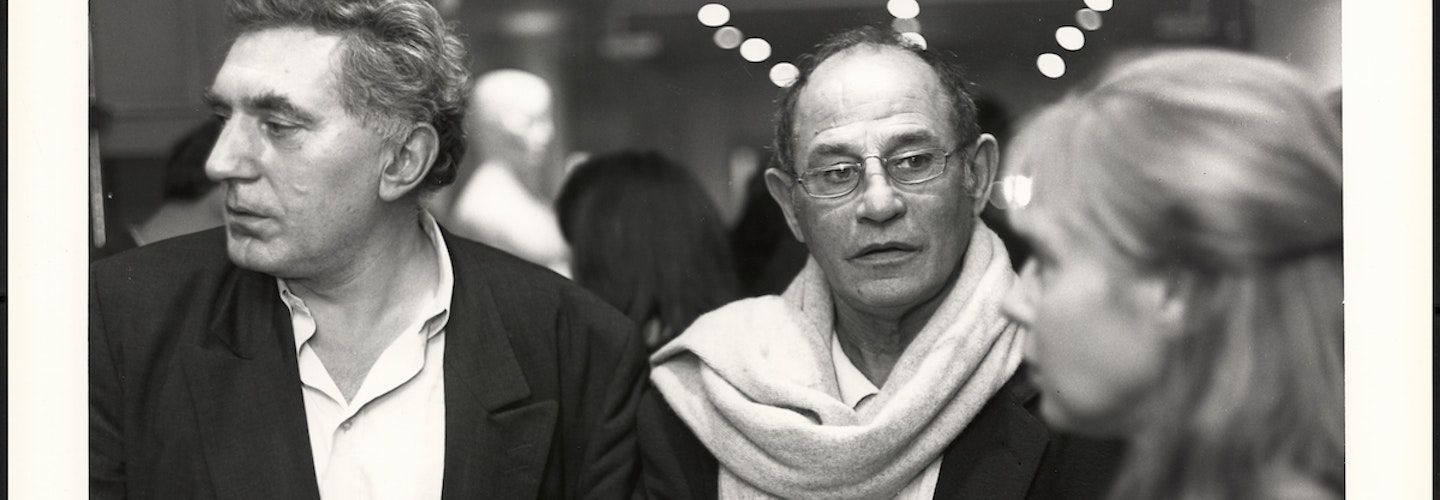
19e Internationaal Filmfestival van Vlaanderen-Gent 1992
That is not the only change made to the festival. In the official competition "Impact of music on film", the prize for the "film with the best musical accompaniment" is named for the first time after Georges Delerue, who passed away earlier in 1992. The festival also presents an homage dedicated to Delerue, in which films such as Hiroshima, Mon Amour are shown. A second homage is dedicated to Argentine filmmaker Alejandro Agresti (also a member of the jury). Comics Stan Laurel and Oliver Hardy earn a special programme as well.
Outside of competition, a number of important films are reserved for so-called "events": such as the gala opening with the premiere of the Flemish film Daens by Stijn Coninx, the spectacular closing night with the Disney cartoon The Beauty and the Beast and the special screenings on Youth Day and Dutch Day.
The section Filmspectrum offers apart from a wide selection of international films the subprogramme “Three colours”, with exclusively Belgian films. Apart from Filmspectrum there is also a focus on Quebec, with over thirty Quebecian films from the 70’s until the 90’s. Additionally, the festival presents a Quebec day.
For the real cinephiles there is - in world premiere - a selection from the Piper Heidsick Classic Film Collection (also a regular partner of the festival). The selection is called “The Freed Unit” and features mainly musicals by American directors such as Vincente Minnelli and Busby Berkeley.
The Grand Prix goes to Paul Cox’ A Woman’s Tale. The all new Georges Delerue Award goes to David Robbins for his music in Bob Roberts by Tim Robbins. Alain Cuny and Carl Davis receive a Plateau award.
Finally, there are three exhibitions hosted in the Sint-Pieters abbey: two about filmmakers Nino Rota and Alexander Trauner and one exhibition named “European Filmmakers in Hollywood”. The last one is supplemented by a film programme, with films by directors such as Ernst Lubitsch and Billy Wilder.

